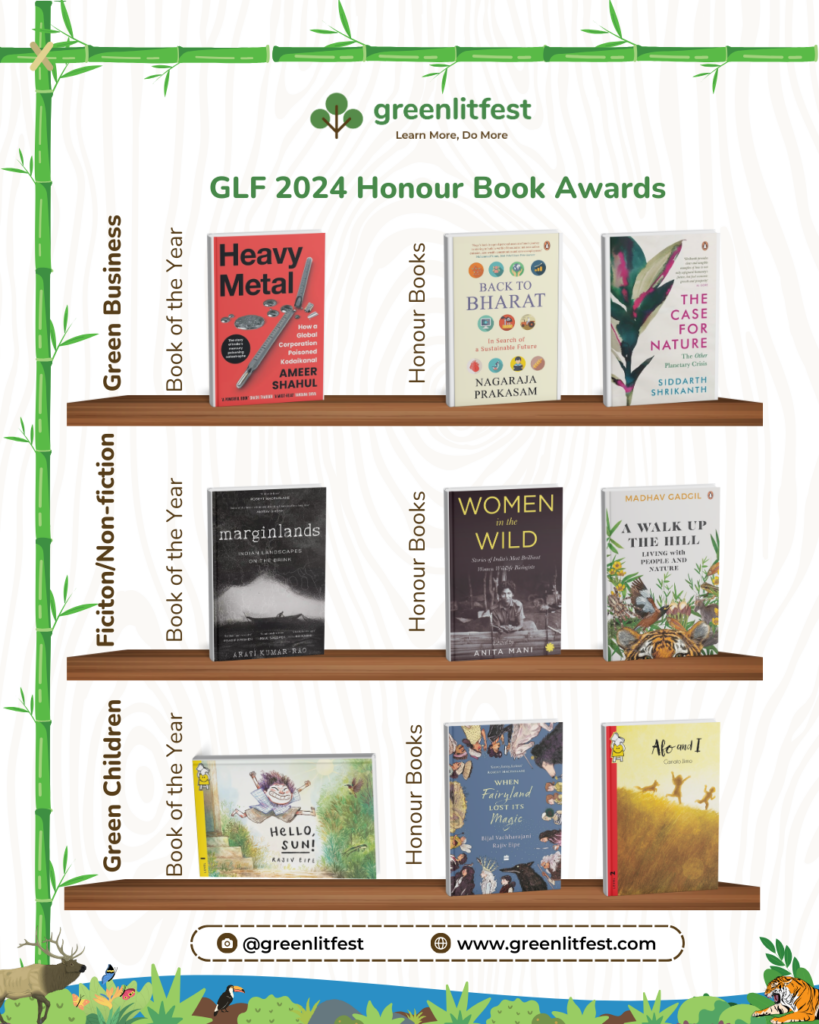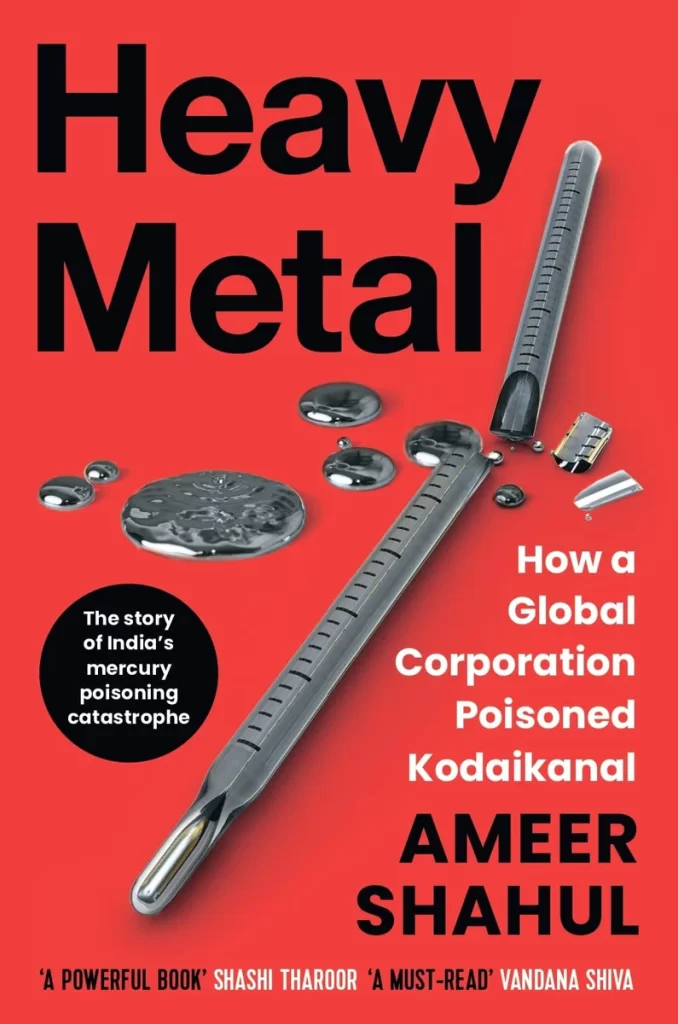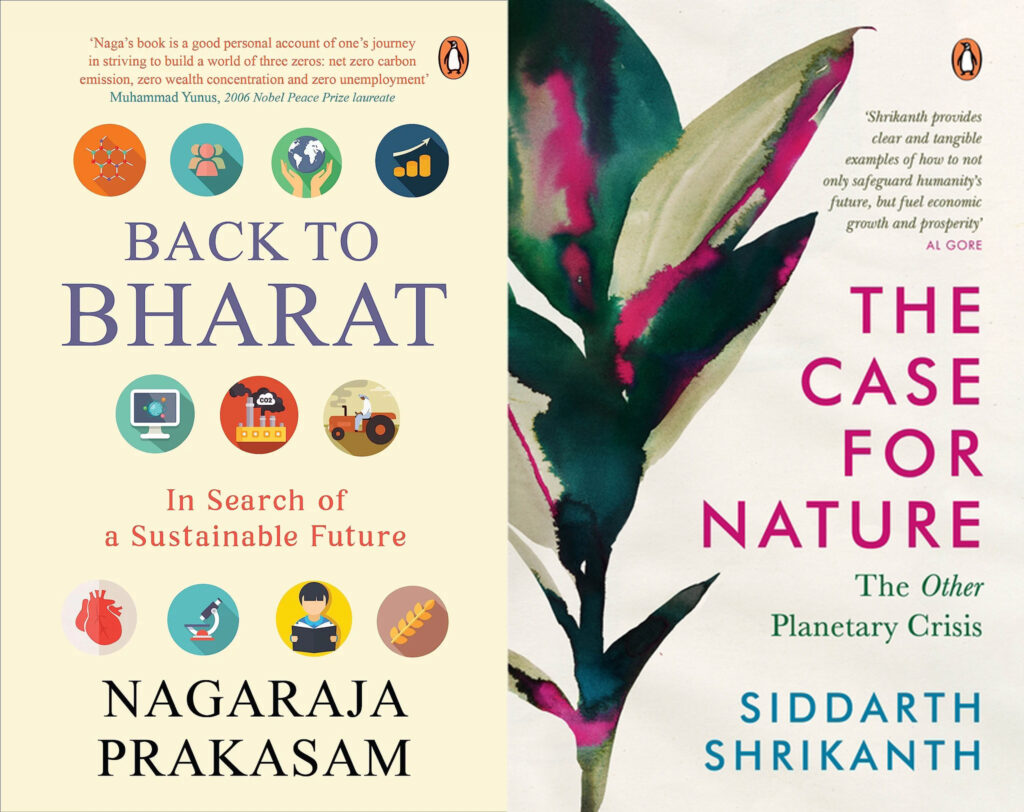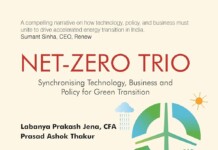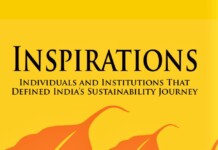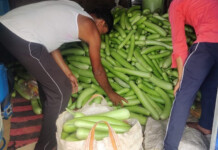For years, Ameer Shahul, a former investigative reporter and Greenpeace campaigner, closely tracked the Kodaikanal mercury poisoning case. The result is Heavy Metal – How a Global Corporation Poisoned Kodaikanal. It is a blistering account of a colossal industrial tragedy precipitated by corporate negligence and acts of omission and commission at the highest levels.
The book, published in February 2023, published by Pan Macmillan, is a terrifying investigative account of a global corporation’s role in perpetrating India’s greatest mercury poisoning catastrophe. In 2001, a Hindustan Unilever-owned thermometer factory in Kodaikanal, Tamil Nadu, made national headlines when a massive dump of broken mercury thermometers was discovered at a local scrapyard.
As the multinational corporation conducted one hasty internal assessment after another to save face, state authorities discovered that the company had violated all acceptable guidelines for toxic waste disposal measures, causing grievous harm to its workers’ health and the region’s fragile ecosystem. As evidence of mercury poisoning among workers mounted, the local community – aided by environmental watchdog Greenpeace and various public-interest organizations – launched a battle against the multibillion-dollar conglomerate that would last fifteen years, culminating in an undisclosed settlement paid to 600 of its ex-employees.
Despite the factory’s closure, scientific reports reveal mercury levels to be 1,000 times higher than the safe limit, raising serious concerns about HUL’s toxic legacy in the hill station.
The jury that picked the top honour books included Santhosh Jayaram, former Head of Sustainability at HCL Ltd, Priti Venkatesh, co-founder The Naturalist School and Sayeshi Dogra, co-founder Women Climate Collective.
Back to Bharat – In Search of a Sustainable Future by Nagaraja Prakasam and A Case for Nature by Siddarth Shrikanth were close runners-up.
